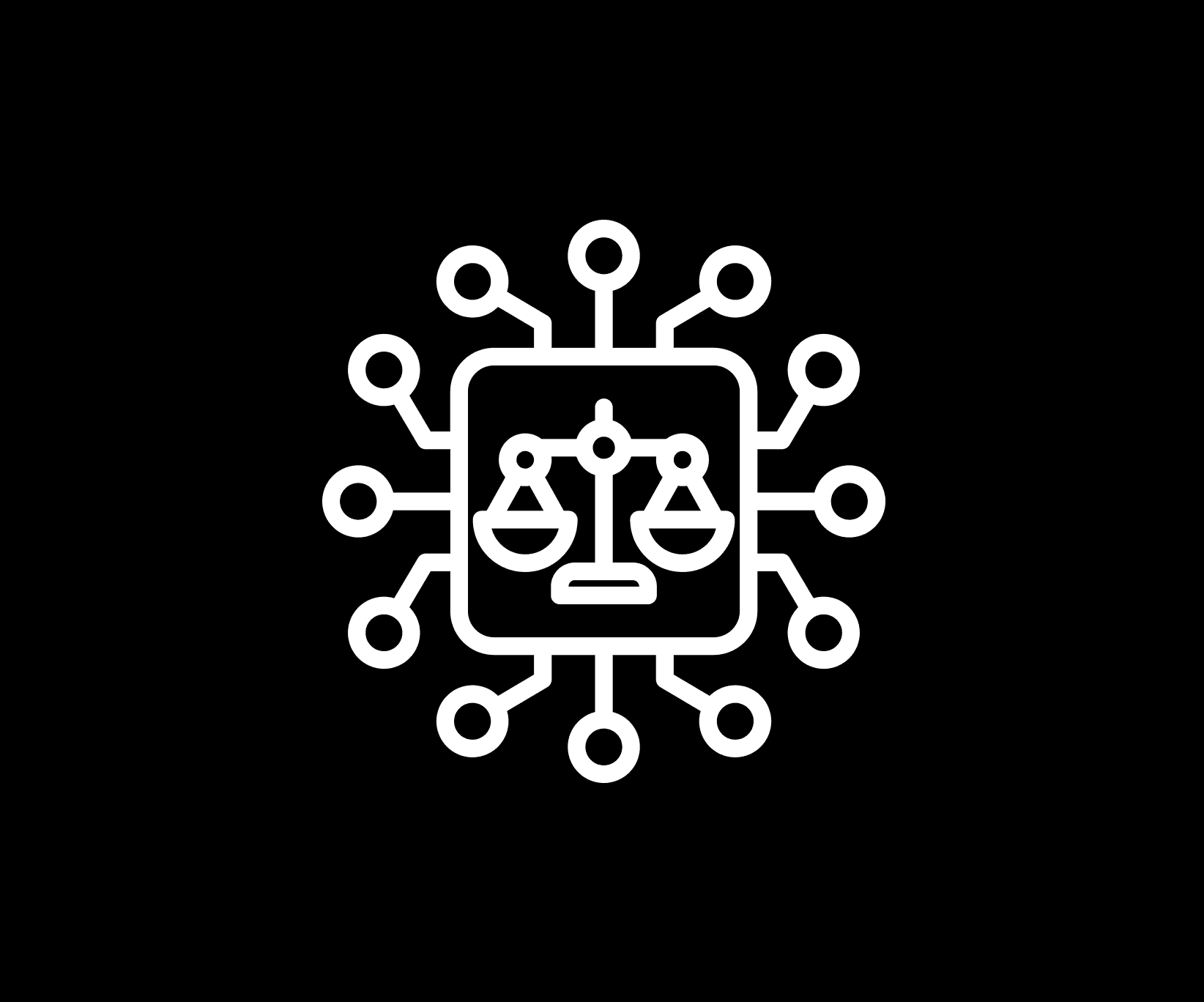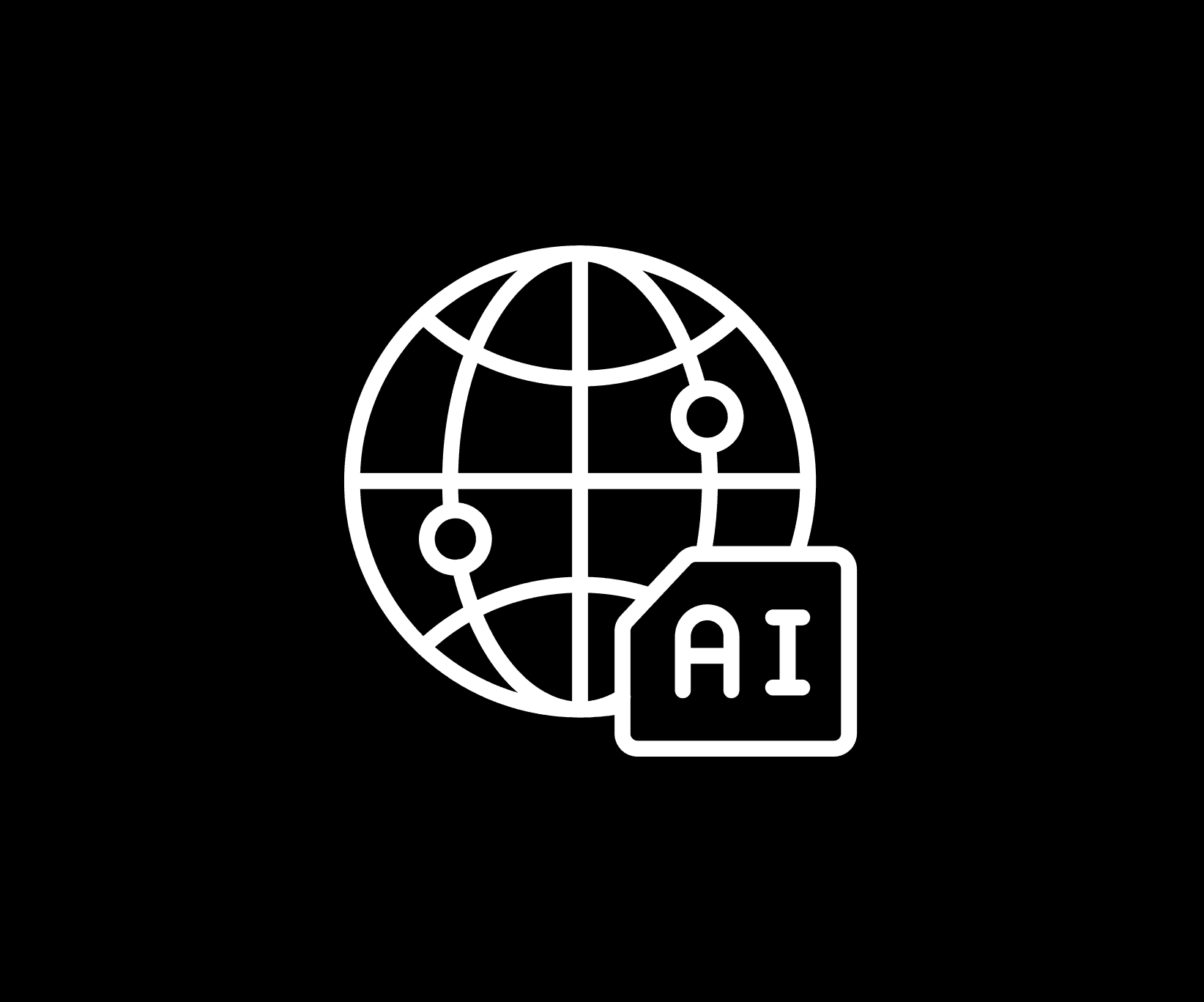Framer
ABA Rule 1.1: Should Lawyers Use AI in Dispute Resolution?
Artificial intelligence is making waves across all industries, and the legal profession is no exception. For lawyers involved in dispute resolution, whether it's arbitration, mediation, or litigation, AI tools offer new ways to improve efficiency. But is it necessary to adopt these technologies to remain compliant with ethical standards like the American Bar Association (ABA) Model Rule 1.1? Maybe not immediately, but it's definitely worth considering as part of staying ahead in the field.
What Does ABA Rule 1.1 Require?
At its core, ABA Rule 1.1 asks lawyers to provide competent representation. This includes legal knowledge, preparation, and keeping up with changes in the law. In 2012, the ABA added Comment 8, which suggests that staying current with relevant technology is also part of maintaining competence (American Bar Association)(University of Cincinnati Law Review Blog).
This doesn’t mean you need to immediately jump into using every new tool that pops up. It’s more about being aware of the options and considering how they might enhance your practice. Tools like AI-driven document review or predictive case analysis aren’t mandatory, but they can help lawyers navigate the increasingly complex landscape of dispute resolution.
AI in Dispute Resolution: A Tool, Not a Requirement
For many legal professionals, the idea of adopting AI may feel daunting. However, it’s important to think of it as a useful tool, not a strict requirement. The ethical guidelines in ABA Rule 1.1 don’t mandate immediate adoption of every technological advancement. Instead, they encourage lawyers to consider whether available tools can help improve their work.
For example, in document-heavy disputes, AI can help sift through large volumes of information, flagging key terms and identifying relevant facts. For some cases, this might be extremely helpful, especially when time is limited. But in simpler matters, it may not add much value (American Bar Association)(University of Cincinnati Law Review Blog).
What Happens If You Don't Use AI?
There’s no immediate risk of breaching Rule 1.1 by not using AI in your practice. However, as technology becomes more common in legal work, there could be situations where avoiding it could impact the efficiency or thoroughness of your representation. This is especially true in cases where your opposing counsel is leveraging AI to work faster and more accurately (American Bar Association).
That said, adopting AI doesn’t have to be all or nothing. You can start small, trying it out in areas where it makes sense, like document review or case management. These tools can assist you without overwhelming your practice.
Why AI Is Worth Considering
AI is not about replacing human judgment. It’s about supporting lawyers in doing their work more efficiently. If you’re handling complex cases that involve massive amounts of data, the right AI tool could save you hours of manual work. It can free up time for strategy, negotiation, and the core tasks that really matter in dispute resolution (NAAG).
By considering AI, you open the door to improved accuracy and efficiency, without having to commit to a full tech overhaul. It’s about finding the right balance and ensuring that you continue to provide competent representation, in line with the evolving expectations of ABA Rule 1.1.
Wrapping It Up
While AI isn’t yet an obligation under ABA Rule 1.1, it’s definitely something lawyers in dispute resolution should keep on their radar. As the field grows more complex and technology continues to advance, AI tools can offer meaningful support. For now, it’s about considering how AI might benefit your practice and being open to integrating it when it makes sense.
So, while you don’t need to dive in headfirst, staying informed about AI and other legal technologies could give you a competitive edge—both now and in the future.





